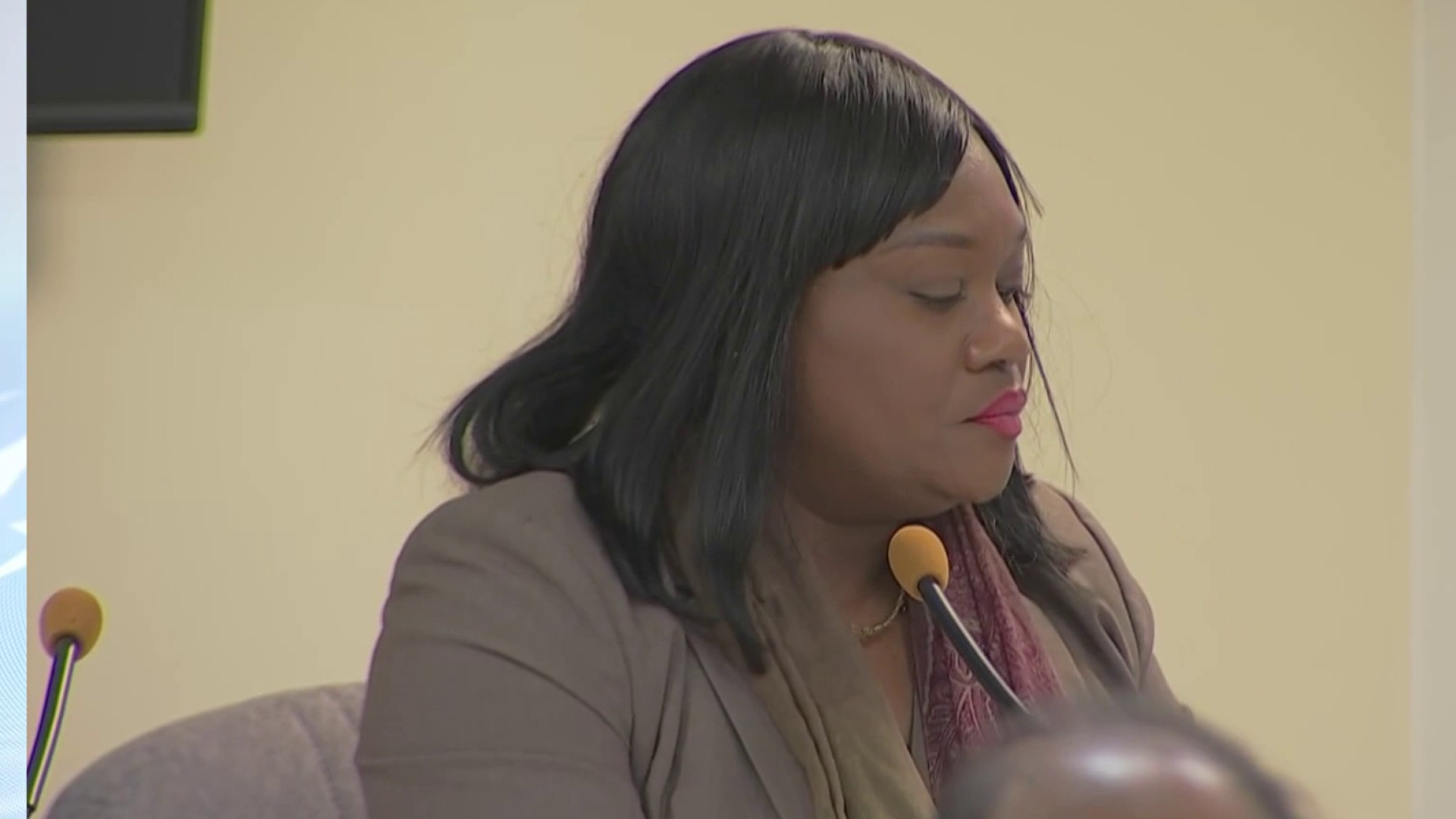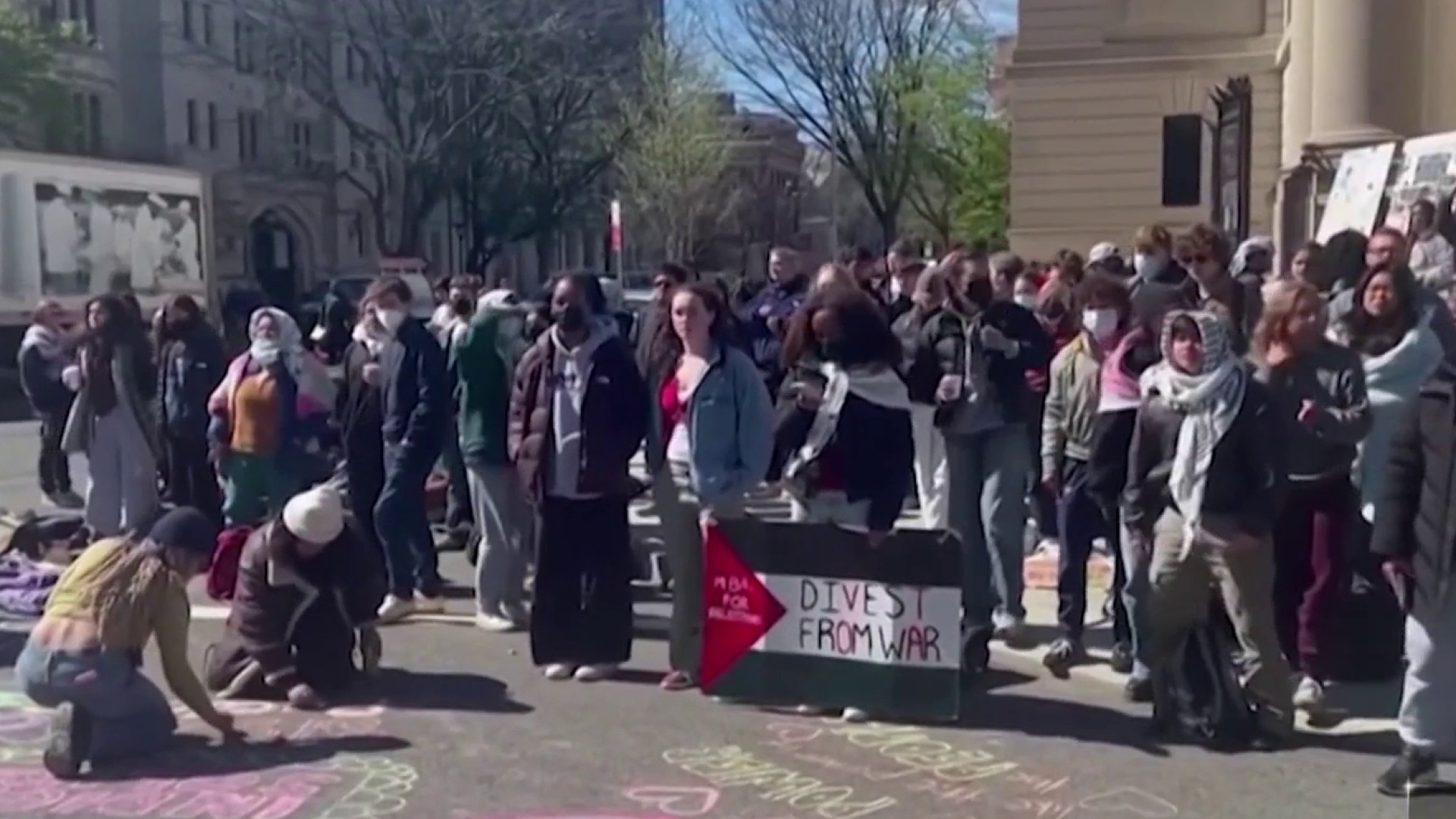First, say sorry. Second, promise new training.
That's how Starbucks executives went about their apology tour of Philadelphia in April. The pledge came three days after a store manager at one of their Center City locations had called police on two black men who were waiting for a colleague to talk business.
Their subsequent arrests became a national embarrassment for the coffee titan. So CEO Kevin Johnson and COO Rosalind Brewer came to Philly to apologize to the two men, whose lawyer then issued a brief statement. Starbucks and the men are now "engaged in constructive discussions" to make the incident "a vehicle for positive social change."
The executives also said the company would require all of its employees to undergo "unconscious bias training." Starbucks' 8,000 stores in the United States closed Tuesday for training.
Philadelphia Police Commissioner Richard Ross used another term, "implicit bias," in discussing his officers' actions during a Facebook Live.
But what exactly is unconscious bias? Can training prevent it? And in the context of the two men’s arrests, does the term even apply?
Unconscious bias, or, as it's technically known, implicit bias, is a snap judgment that psychologists have found to be an uncontrollable reaction.
Local
Breaking news and the stories that matter to your neighborhood.
Two experts in race relations — an anti-racism lecturer and a longtime University of Pennsylvania professor — both believe the term is being misused in the Starbucks incident.
Author Tim Wise, who has written seven books on race in America and has lectured for years on the subject, said there is cause for concern when the use of implicit, or unconscious, bias is used as a way to smooth over incidents like the Starbucks arrests.
"It’s also the way corporations use it and the concern a bit with the way Starbucks is using it, to paper over the horribleness of it," Wise said.
Sometimes, racism is just racism, he said. Implicit bias is something different.
"It's not a decision that takes 15 minutes or 18 minutes, as the way this incident played out," he said of the time between when the Starbucks manager first encountered the two men and when they were led out in handcuffs by police. "It makes me think this was potentially explicit rather than implicit."
Chad Dion Lassiter, a professor of race relations and president of Black Men at Penn at the University of Pennsylvania, doesn’t like the way the Starbucks incident has been framed around the idea of an uncontrollable thought process.
He said the arrests are an outgrowth of longheld systemic racism, whether people want to call it that or not.
"I don’t know what unconscious bias is," Lassiter said. "What we do is we try to reframe it to anything but what it is: white institutional racism. Calling the cops, saying they trespassed, having no evidence they’re committing a crime."
If one does believe in implicit bias in personal interactions, an example would be a woman clutching her purse tight when a black man gets on the elevator, or a white driver reacting differently during a road rage incident depending on the race of the other driver.
"It could explain why a cop fires on a black kid instantly instead of on a white kid," Wise said. "It could explain a road rage reaction that has different outcomes when it involves a white driver and a black driver."
Lassiter said it's all about skin color, and dates back centuries.
"Implicit bias is an outgrowth of white supremacy," Lassiter said. "When you’re black, you’re seen as suspicious."
As far as the term goes, unconscious bias is a layman’s phrase for the actual psychological condition known as "implicit social cognition."
The terms unconscious bias and implicit bias are basically interchangeable, Wise said, with unconscious being the preferred term in the corporate culture because "less people understand what implicit means."
Training is never a bad idea, according to Wise, who has lectured at more than 1,000 colleges and companies over 25 years. But he said a one-off day doesn’t exactly instill great confidence in greatly improving the way staff treats certain customers in snap decision-making situations.
"A company like Starbucks has plenty of turnover," Wise said. "I'm a little worried about not just Starbucks, but any company, doing one-time training. Unless you were to have the same people there forever, you have to continually train people."
Unconscious bias training emerged in the last 20 years as companies, including giants like Google, sought to improve corporate culture and outward appearances. It has not been limited to racial interaction, but also gender and age-related relationships.
The origin of implicit bias in a person is believed to be as early as the formation of childhood cognition, "from the moment that socialization in a racialized society takes hold," Wise said.
One day of training will not undo 20-plus years of conditioning, he said, describing many of Starbucks’ employees.
The effectiveness of such training, and other like-minded programs that promote diversity, remains a well-studied topic in the business and psychological professions. Forced training is less effective than voluntary training, according to one recent study.
Lassiter said organizations like the Philadelphia Police Department and corporations like Starbucks use terms like implicit bias and unconscious bias to dance around what’s really occurring.
"We can't be afraid of black bodies and faces that make us act in an irrational manner," Lassiter said. "It goes back to the woman (store manager). What makes you think they were doing anything wrong?"
For black people, that question is incredibly taxing on everyday life, Wise said.
"Some medical research says this is actually harder to deal with because it is something that could happen at any time," he said. "If someone places a burning cross on your front lawn, you’re not like, 'Was that racism?' But if someone follows you around the grocery store, or if you’re pulled over for a tail light out, you find yourself asking, 'Is it really because a tail light was out, or is it because I’m black?"
"Black folks know how to cope with the burning cross, as horrible as that is. They’ve done it for hundreds of years," Wise said. "Now, every time they go out, it’s like, if it can happen at Starbucks, it can happen anywhere. It’s exhausting."



